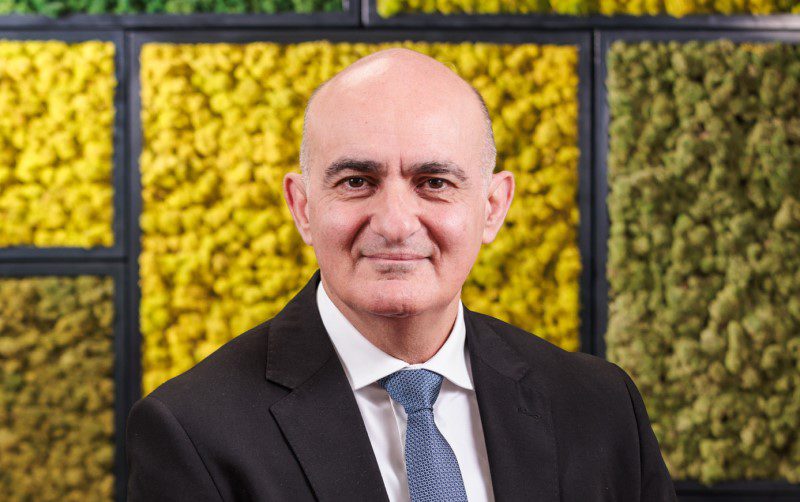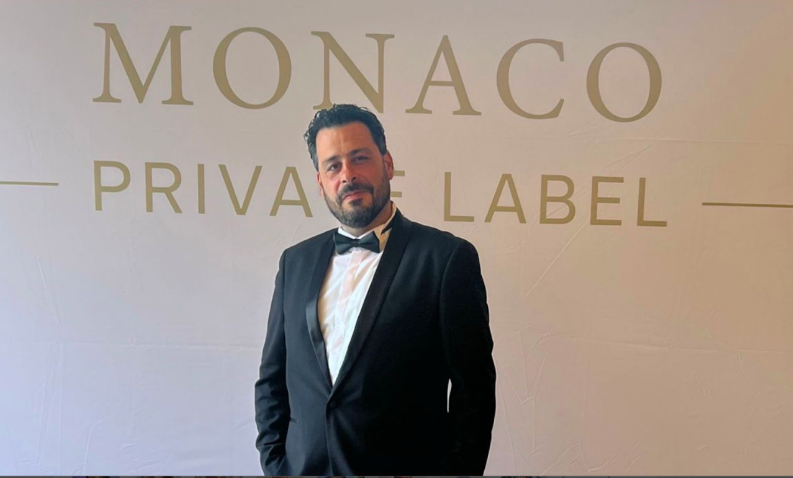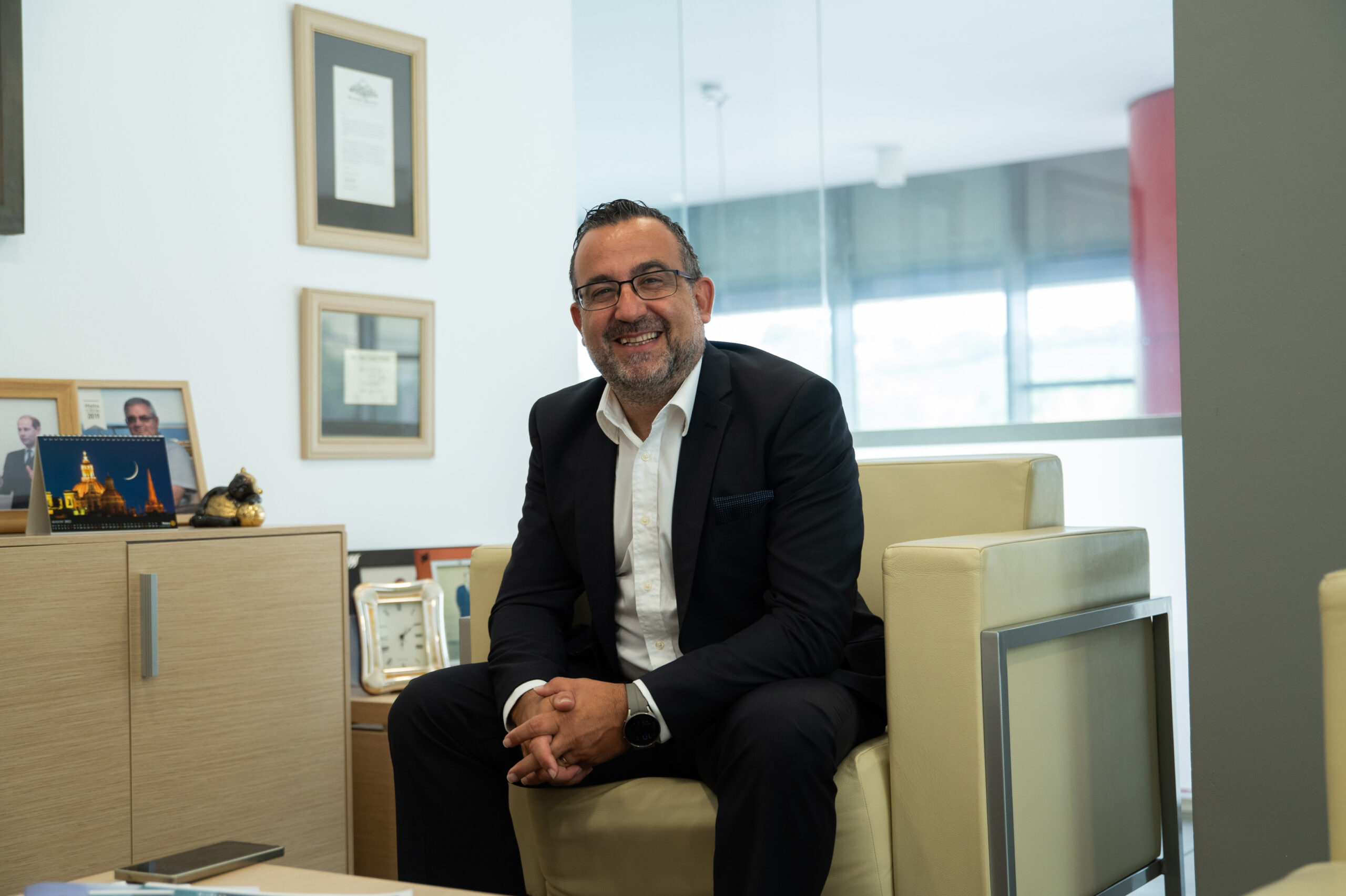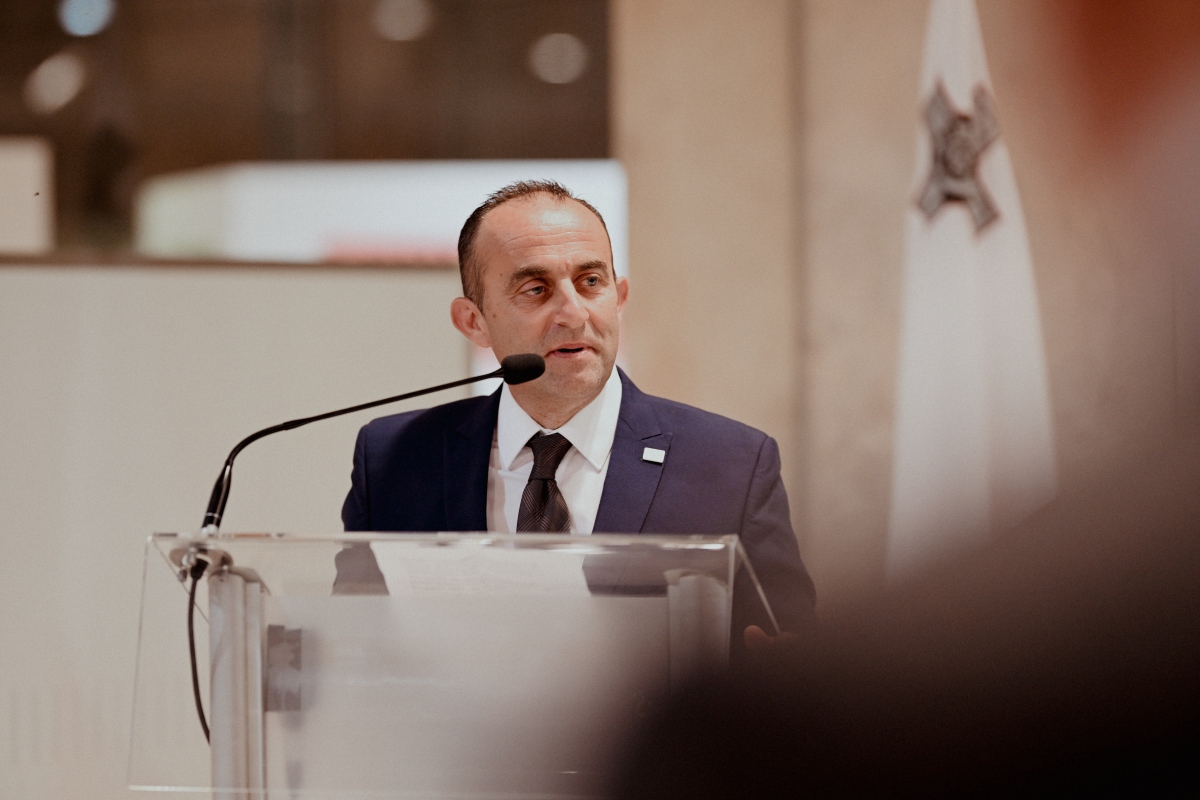When an employee voices concerns about their manager, it is often a sign that trust, communication, or workplace culture may be under strain. How leaders handle these moments is not only crucial to resolving the issue at hand but also sends a strong message about organisational values and accountability.
Listen without judgment
The first step is to create a safe, private environment for the employee to share their concerns. Sometimes, simply listening attentively can resolve the majority of issues. The purpose of this initial meeting is not to provide immediate solutions but to acknowledge the employee’s feelings and ensure they feel heard. Detailed note-taking is essential, as is reassuring the employee that their concerns will be investigated fairly and confidentially.
Gather the facts
Once the issue is raised, leaders must collect evidence with objectivity. This includes asking for specific examples of the behaviour, documenting incidents, and – if necessary – speaking discreetly with colleagues or witnesses. Everyone perceives events differently, so hearing multiple perspectives before forming a conclusion is vital. Documentation at this stage can be crucial if disciplinary action or further intervention is required.
Evaluate fairly and objectively
With the facts in hand, the next step is to assess the situation impartially. It is important to consider whether the concern stems from a misunderstanding or points to a recurring behavioural issue. Fair evaluation without bias helps resolve issues in a clear and credible manner. Leaders should also review the manager’s history, previous performance feedback, and any contextual pressures that may have influenced their behaviour.
Communicate transparently
Transparency is critical when addressing sensitive concerns. Leaders should meet privately with the manager in question, focusing on specific behaviours and their impact rather than making personal accusations. Approaching the conversation with empathy and openness helps keep the discussion constructive. Employees who raised the concern should also be updated on the process to ensure trust in the system.
Take action and provide support
Depending on the severity of the issue, action could range from mediation and coaching to formal disciplinary measures. What matters is consistency and alignment with company policy. At the same time, employees must feel supported throughout the process. Providing managers with additional leadership training, while offering reassurance to employees, can help restore balance and prevent escalation.
Follow up to ensure lasting change
Resolution does not end with action. Leaders should monitor the situation over time, checking in with both the employee and the manager to ensure progress is being made. This ongoing follow-up reinforces accountability and demonstrates commitment to a respectful, safe workplace.
Building a culture of listening
Beyond addressing individual cases, CEOs can take a proactive stance by implementing an employee listening strategy. This involves creating ongoing channels – such as focus groups or structured “Voice of the Employee” programmes – that give staff regular opportunities to share their views. Such strategies go beyond annual surveys, blending technology with human interaction to ensure employees feel genuinely heard.
The CEO’s role in difficult conversations
Handling workplace behaviour concerns is not just an HR function – it is a leadership responsibility. CEOs and executives set the tone for organisational culture. By listening carefully, investigating fairly, acting decisively, and following up consistently, leaders can turn difficult situations into opportunities to strengthen trust, communication, and long-term employee engagement.
Tax expert Josef Mercieca embarks on new chapter with Quazar
Quazar is a Malta-based professional services organisation offering corporate, advisory, and professional services.
Edward Chetcuti appointed CEO of KDM Group
Ing. Chetcuti brings extensive leadership experience, including CEO roles at the Malta Chamber of Commerce and KDM’s G4S Security Services.
David Demicoli appointed Senior Manager at KPMG Malta
He has held managerial positions at KPMG for the past six years.
Maltese wines take centre stage in push to raise profile of local produce
The effort to place food at the top of national priorities reflects its place at the heart of tourism, culture, ...









